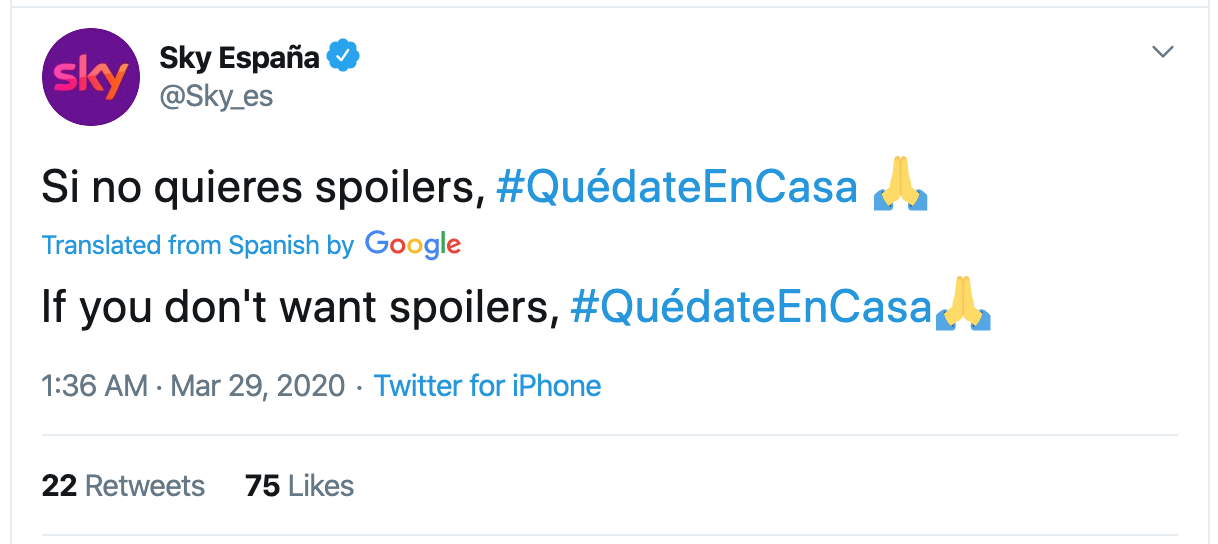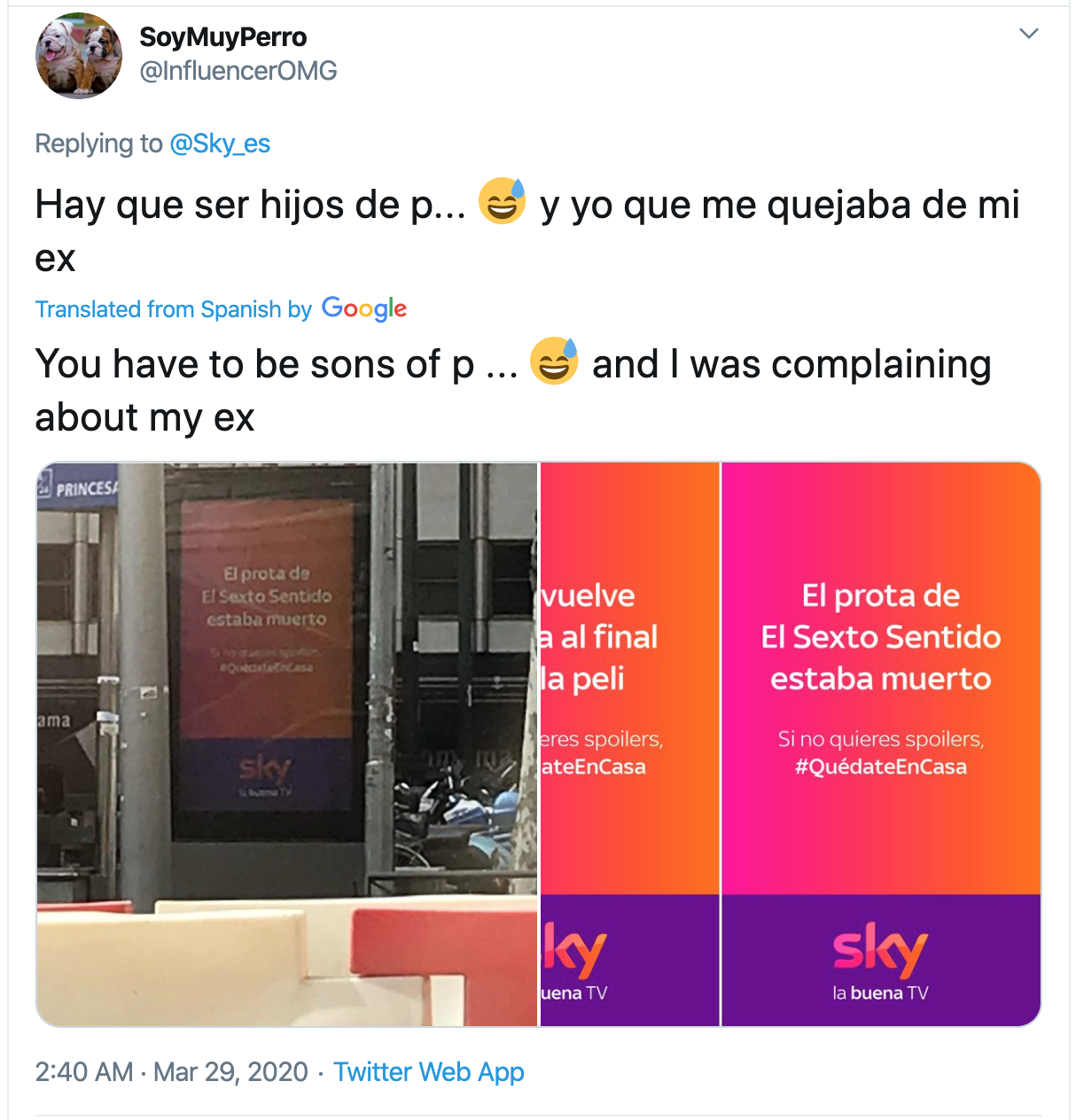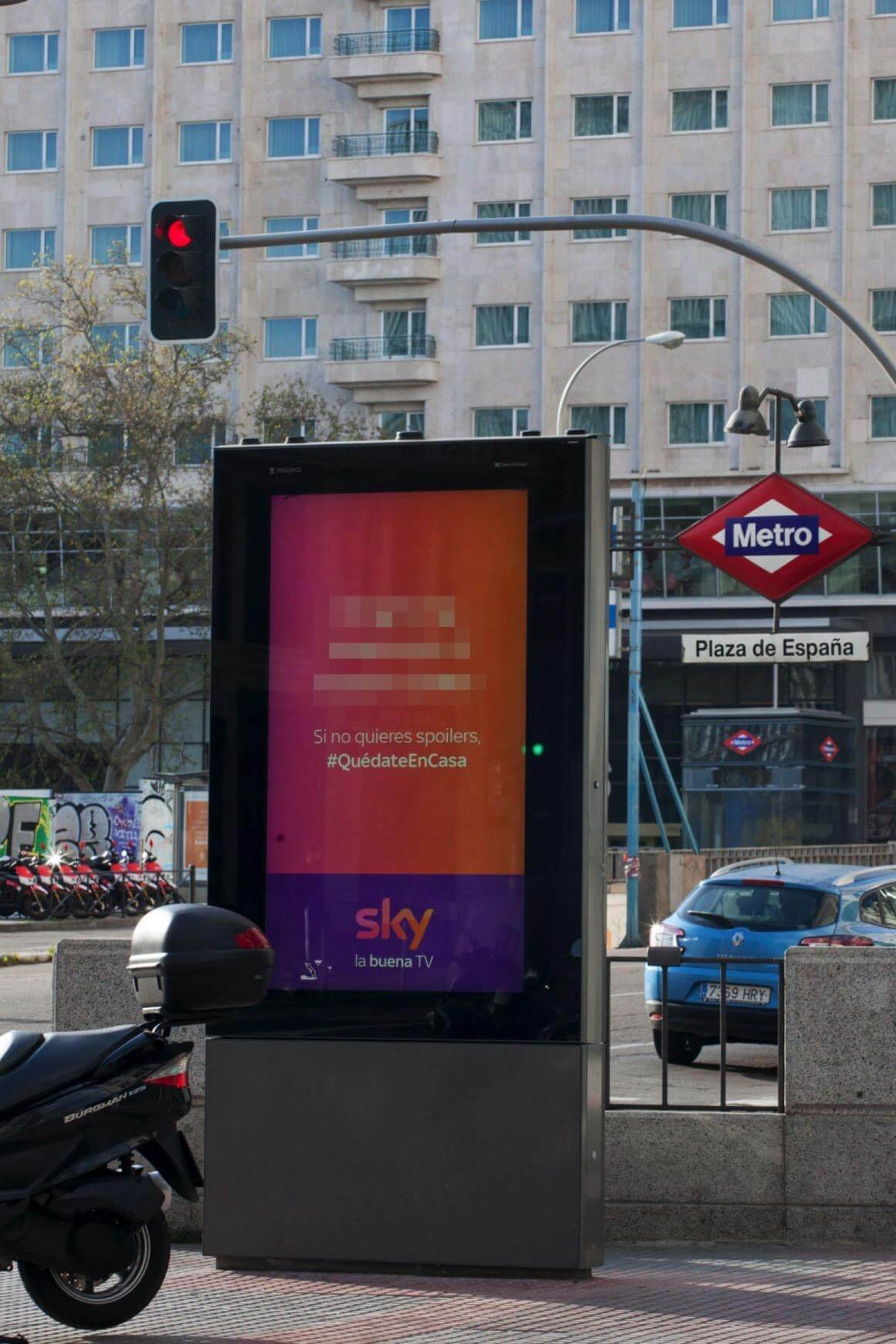
The United Nations recently floated an open pitch for anyone who cares. The pitch invited people to come forward with creative ideas to convey 6 topics:
– Personal Hygiene
– Physical Distancing
– Know the symptoms
– Kindness contagion
– Myth-busting
– Do more, donate
I believe this is the first time that the UN has called for such an open pitch. But extraordinary circumstances necessitate extraordinary actions.
Even without a UN pitch, many brands and agencies are interpreting what they are going through as a pitch. To convey various things about the brands that they handle. Curiously, since we—the human species—are all in this together, equally affected across race, class or nationality, we are interpreting the situation too in very similar terms! Not just that, we’re also evolving ideas and creativity in similar ways, particularly .
If I were to explain it with a crude analogy – it’s almost like 100 rats thrown into a large cauldron and each panic-stricken rat is trying to find a way to get out of the bowl. In the process, 2 rats may find the same path/way, given the collective panic and urgency.
Here is example 1.
On March 25th, India’s Tata Trucks floated an online campaign that salutes truck drivers as they go on about their duty to carry and deliver essential goods across the country.
The short video, most probably assembled with earlier/stock footage of trucks and drivers, was conceived by Mumbai-based Rage Communications and was called #ThankYouIndianTruckers.
Five days later, Volvo Trucks launched a campaign in Brazil that was identical in approach and messaging.
It was by the Brazilian agency SoWhat Comunicação, and given the topicality of the idea, Volvo took it global, beyond Portuguese and Spanish, in English too.
Personally, I liked the Volvo campaign more. It pegged the narrative on one truck driver even as it was talking about truckers as a whole. The lines were also more evocative and calmer, framing them as heroes, unlike Tata’s campaign that used the same hero-narrative but in a more literal and rah-rah mode.
Update (April 14, 2020):
Here’s the new ad film by Iveco (an acronym for Industrial Vehicles Corporation), an Italian industrial vehicle manufacturing company, by Ogilvy… on the very same lines, released on April 9, 2020!
And another similarly themed film, from a non-automotive brand – Amul!
And example 2.
On March 28th, a campaign supposedly by Netflix, went massively viral. The idea was to use spoilers from famous Netflix shows like Stranger Things, Love is Blind, Narcos and Kingdom, among others, were supposedly plastered on billboards, in an attempt to deter people from walking/going outside (lest they see the spoilers and feel ‘spoilt’).
Only thing – this was not an actual campaign and Netflix has nothing to do with this. The idea was the brain-child of 2 students from Miami Art School – Seine Kongruangkit, in the 5th quarter at Miami Ad School, and Matithorn Prachuabmoh Chaimoungkalo, who recently graduated from the Miami Ad School, in Hamburg, Germany.
When they returned home to Thailand in the last week of March 2020, they noticed that the Government there wasn’t effectively communicating the dangers of the pandemic to the public. So they decided to use their creativity to communicate the urgency to stay at home. The result was that online-only so-called ‘billboard’ campaign that went massively viral. There were no outdoor billboards with those spoilers and Netflix was in no way involved in this campaign. In agency parlance, this is usually called ‘spec work’ (speculative work). The idea is what matters in such cases, not the actual execution or its impact.
Across the globe, on March 29th, in Spain, Sky Television from E.T., Chernobyl and The Sixth Sense, among others, with the very same intent – to keep people inside their homes!


This was the work of the Madrid-based agency Darwin Social Noise! The campaign hashtag was #QuédateEnCasa.
Ironically, unlike the spec-work by the Miami Ad School students that was taken for granted as a real, outdoor campaign by Netflix by almost everyone, people in Spain wondered if Sky was really putting up billboards or just faking an indicative idea as a campaign!!
Sky had to release photos of their digital billboards by masking the spoilers! People also questioned Sky if they weren’t violating the campaign message because they are getting real people out on the roads to install the billboards! Sky clarified that they chose only digital billboards that can be changed through software and does not demand printing or installation!


Now, the dates when these campaigns went live are really, really close!
Tata Trucks: March 25, 2020
Volvo Trucks: March 30, 2020
Fake-Netflix: March 28, 2020
Sky Spain: March 29, 2020
Yet, given the extraordinary circumstances, I would not allege plagiarism. I’d instead give them all the benefit of the doubt and go to my theory of all of us trying to interpret the common situation we are in, in similar ways. So, it is entirely plausible that 2 different agencies arrived at the same creative route for ‘trucks’ as a category, and ‘spoilers’ as a framing device, at largely the same time.
